Charles Bronson
Charles Bronson was the taciturn, chiseled-faced actor who became an international action star in Europe in the late 1960s and achieved major box-office success in America in the mid-'70s as the vengeance-seeking vigilante in "Death Wish."
With his strong, Slavic face and squinty eyes, Bronson lacked traditional movie star good looks. But the muscular actor projected a rugged individualism and a no-nonsense quality on screen that director John Huston once likened "to a hand grenade with the pin pulled."
His appeal was magnetic. Michael Winner, Bronson's director in "Death Wish," "The Mechanic" and "The Stone Killer," once offered insight: "The key to Bronson is the repressed fury, the constant feeling that if you don't watch the screen every minute, you'll miss the eruption. But coupled with the intense masculine dynamism, there's also a great tenderness in Bronson. Women respond sexually to that combination of danger and tenderness in him."
The world took notice. The Italians called him "Il Brutto," the Ugly One. In France, where he had become the No. 1 box-office draw, he was known as "Le monstre sacre," which means a famous, larger-than-life person whose physical appearance may not meet conventional standards of beauty. And in Spain, the rough-hewn Bronson was named No. 1 male sex symbol, edging out the charismatic bullfighter El Cordobes.
Stardom, however, eluded Bronson until his late 40s, when he went to Europe to costar as Alain Delon's tough American soldier-of-fortune partner in the 1968 British-French-produced thriller "Adieu l'Ami" ("Farewell Friend"). The film became a major hit in France. Bronson followed it up the same year playing a mysterious drifter in the Sergio Leone western "Once Upon a Time in the West," which turned him into a top star in Europe. A string of other European-made films followed.
His breakout role in America came relatively late, in 1974. But when he hit, he hit with a vengeance as the vigilante husband-father in "Death Wish," a role that garnered both praise and disdain, and four sequels. The decade previous, Bronson honed his tough-guy persona on the American screen when he played one of the seven hired guns who defend a Mexican village in "The Magnificent Seven" (1960), as the claustrophobic "Tunnel King" in "The Great Escape" and as a jaded ex-officer and convict in "The Dirty Dozen" (1967).
Bronson, the 11th in a family of 15 children, grew up in a tough, Pennsylvania coal-mining town. Bronson was 10 when his father, an immigrant coal miner, died. At 16, Bronson worked nights in the mines, earning $1 for every ton of coal he dug, and went to school during the day. If working on his knees and breathing coal dust in a subterranean world of darkness weren't enough, he grew even tougher with frequent fistfights, garnering experiences that would authenticate his acting prowess. Although his late-blooming stardom allowed him to buy a 33-room mansion in Bel-Air, he never lost sight of his roots. His acting idol was Wallace Beery because, Bronson said, "his face showed the hard times."
Related stars
|
|
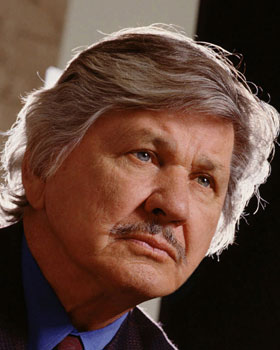
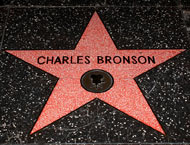
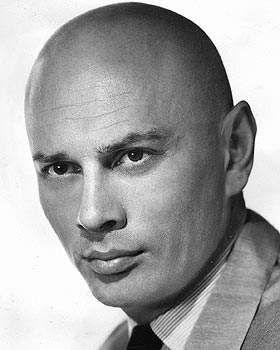
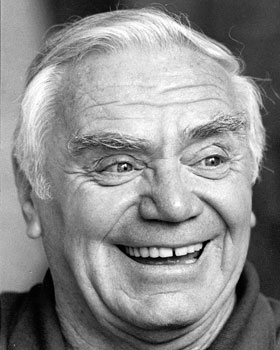
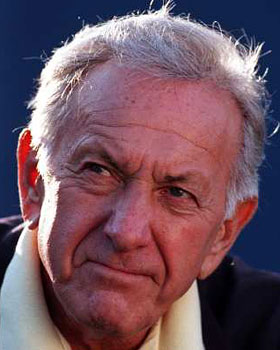
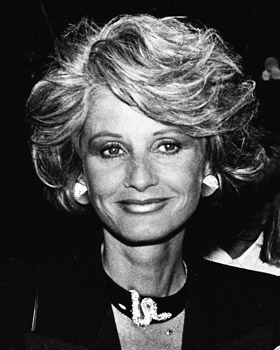
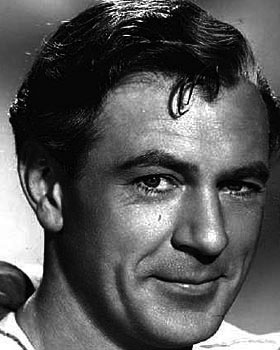
Two thoughts about Charles Bronson
Share a thought about Charles Bronson